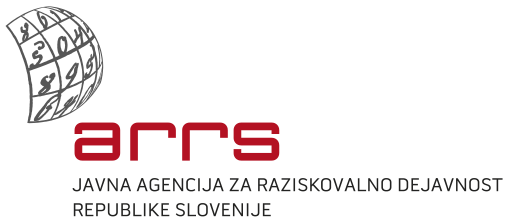

The Covid-19 pandemic has brought several relevant issues to the forefront, including physical and social isolation, which is the focus of this project. We will use an anthropological approach to explain what it means to be isolated. Through ethnographic studies in isolated social spaces and abandoned areas, we will show how isolation shapes the experiences of insularity and emptiness in urban and rural areas among individuals and communities in Slovenia and Croatia. We will also explore how different modalities of isolation shape experiences, values, and attitudes toward the environment and the future.
The specific objectives of our project are:
- to find and compare examples of isolation in Slovenia and Croatia;
- to determine the values and attitudes within and between isolated communities in different cultural, historical and socio-political contexts;
- to identify the types of isolation that exist in remote places and abandoned landscapes.
Our main scientific contribution will be the conceptualization of memories, sensations and feelings related to the experience of isolation, remoteness and emptiness. Moreover, we will highlight not only the negative aspects of isolation, but also the innovative power that arises in remote places and isolated communities.